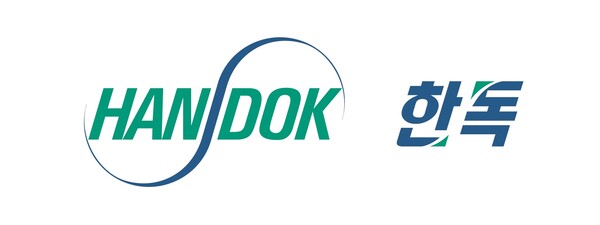Starting Friday, Handok’s Empaveli (pegcetacoplan), a treatment for paroxysmal nocturnal hemoglobinuria (PNH), will be covered by Korean health insurance. Developed by Swedish Orphan Biovitrum (Sobi) and Apellis Pharmaceuticals, Empaveli is the first C3-targeted therapy designed to treat adult PNH patients by addressing both intravascular and extravascular hemolysis.

Empaveli has been approved for use in the U.S., Europe, Australia, and Japan, with the U.S. Food and Drug Administration (FDA) and European Medicines Agency (EMA) granting approval in May and December 2021, respectively, following phase 3 clinical trials.
In Korea, it was designated as a Global Innovative product on Fast Track (GIFT) by the Ministry of Food and Drug Safety (MFDS) in February last year and received approval for PNH treatment on April 29 this year.
PNH is a rare, chronic, and life-threatening blood disorder caused by an acquired mutation that activates the complement system, a part of the immune system, resulting in hemolysis inside and outside blood vessels.
Until now, the only PNH treatment covered by health insurance in Korea was a C5 inhibitor, which targets only intravascular hemolysis and leaves extravascular hemolysis unaddressed, creating unmet medical needs for additional therapies.
Studies in the U.S. and Japan found that 88.6 percent and 74.7 percent of patients treated with C5 inhibitors (eculizumab, ravulizumab) reported persistent fatigue, while 54.3 percent and 43.7 percent continued to experience symptoms like shortness of breath.
Empaveli demonstrated superiority over eculizumab in hemoglobin concentration change over 16 weeks in the phase 3 PEGASUS trial. An extension study revealed that patients treated with Empaveli maintained lactate dehydrogenase (LDH) levels, an indicator of intravascular hemolysis, at less than 1.5 times the upper normal limit for 48 weeks.
Additionally, 85 percent of patients in the pegcetacoplan group required no transfusions over 16 weeks, compared to only 15 percent in the eculizumab group. Quality of life assessments, measured by FACIT-fatigue scores, showed a 9.2-point improvement in the pegcetacoplan group from baseline, while the eculizumab group experienced a 2.7-point decrease, resulting in an 11.9-point difference.
In the phase 3 PRINCE trial, which observed PNH patients with no prior complement inhibitor treatment over 26 weeks, pegcetacoplan also outperformed the control group in hemoglobin and LDH level control. Among patients treated with pegcetacoplan, 85.7 percent achieved stable hemoglobin levels, and their LDH levels remained below the upper normal limit.
The reimbursement criteria for Empaveli allow its use under either of the following conditions: first, in adult PNH patients who cannot receive C5 inhibitors due to contraindications, or second, in cases where patients have received C5 inhibitors for over three months but have hemoglobin levels below 10.5 g/dL or need a switch due to side effects.
Unlike existing C5 inhibitors, Empaveli can be prescribed without prior review.




